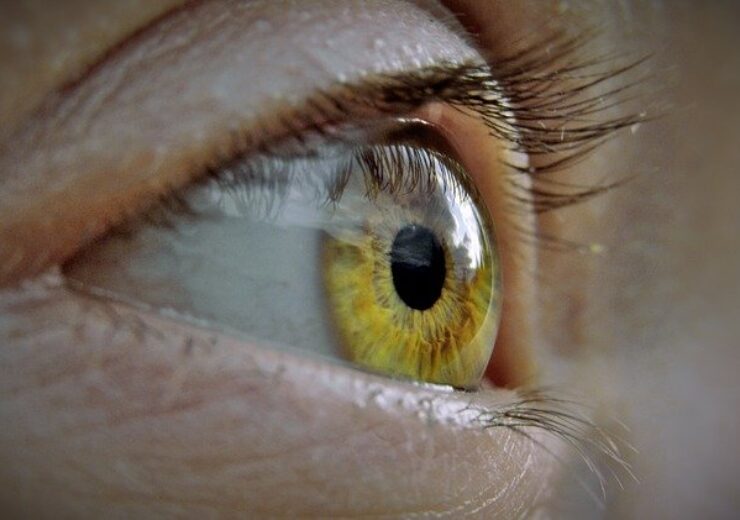Conducted at 15 sites in the US, the randomised, double-masked, multi-centre and vehicle-controlled clinical trial was conducted to assess safety, tolerability, durability, and efficacy of two different formulations of OTX-CSI

Ocular Therapeutix’s dry eye disease insert has failed to meet primary endpoint in phase 2 trial. (Credit: Daniel Roberts from Pixabay)
Ocular Therapeutix announced that its OTX-CSI (cyclosporine intracanalicular insert) for dry eye disease (DED) has failed to meet primary endpoint in the phase 2 clinical trial.
The company has conducted the US-based, randomised, double-masked, multi-centre and vehicle-controlled clinical trial to assess safety, tolerability, durability, and efficacy of two different formulations of OTX-CSI.
It was designed to be carried out by measuring signs and symptoms of DED in 140 subjects treated in both eyes over nearly 16 weeks.
As part of the trial, Ocular Therapeutix had administered OTX-CSI in 147 subjects with DED at 15 sites in the US.
The study evaluated four groups that include OTX-CSI for a shorter duration (2-3 months formulation-F1, 42 patients) and OTX-CSI for a longer duration (3-4 months formulation-F2a, 40 patients).
Other groups consist of vehicle insert for a longer duration (3-4 months formulation-F2b, 43 patients) and vehicle insert for a very short duration (one week formulation-F3, 22 patients).
According to the company, the trial has failed to demonstrate separation between the OTX-CSI treated subjects and the vehicle treated subjects for the primary endpoint of increased tear production at 12 weeks as measured by the Schirmer’s Test.
Ocular Therapeutix president and CEO Antony Mattessich said: “While we are disappointed by these results, demonstrating clinical benefit in patients with dry eye disease remains a significant unmet need and we will continue to review the data for additional information that may inform future development of this programme.
“We remain confident in the potential of our hydrogel-based formulation technology and its ability to deliver innovative ophthalmology therapies.”
The company said that the OTX-CSI insert (both formulations) was generally observed to have a favorable safety profile.
Ocular Therapeutix formulates, develops and commercialises therapies for eye diseases and conditions using its bioresorbable hydrogel-based formulation technology.
Currently in phase 1 clinical trials, the company’s earlier stage development assets include OTX-TKI (axitinib intravitreal implant) and OTX-TIC (travoprost intracameral implant).
OTX-TKI is designed for the treatment of wet AMD and other retinal diseases, while OTX-TIC is for the reduction of intraocular pressure in patients with primary open-angle glaucoma or ocular hypertension.
